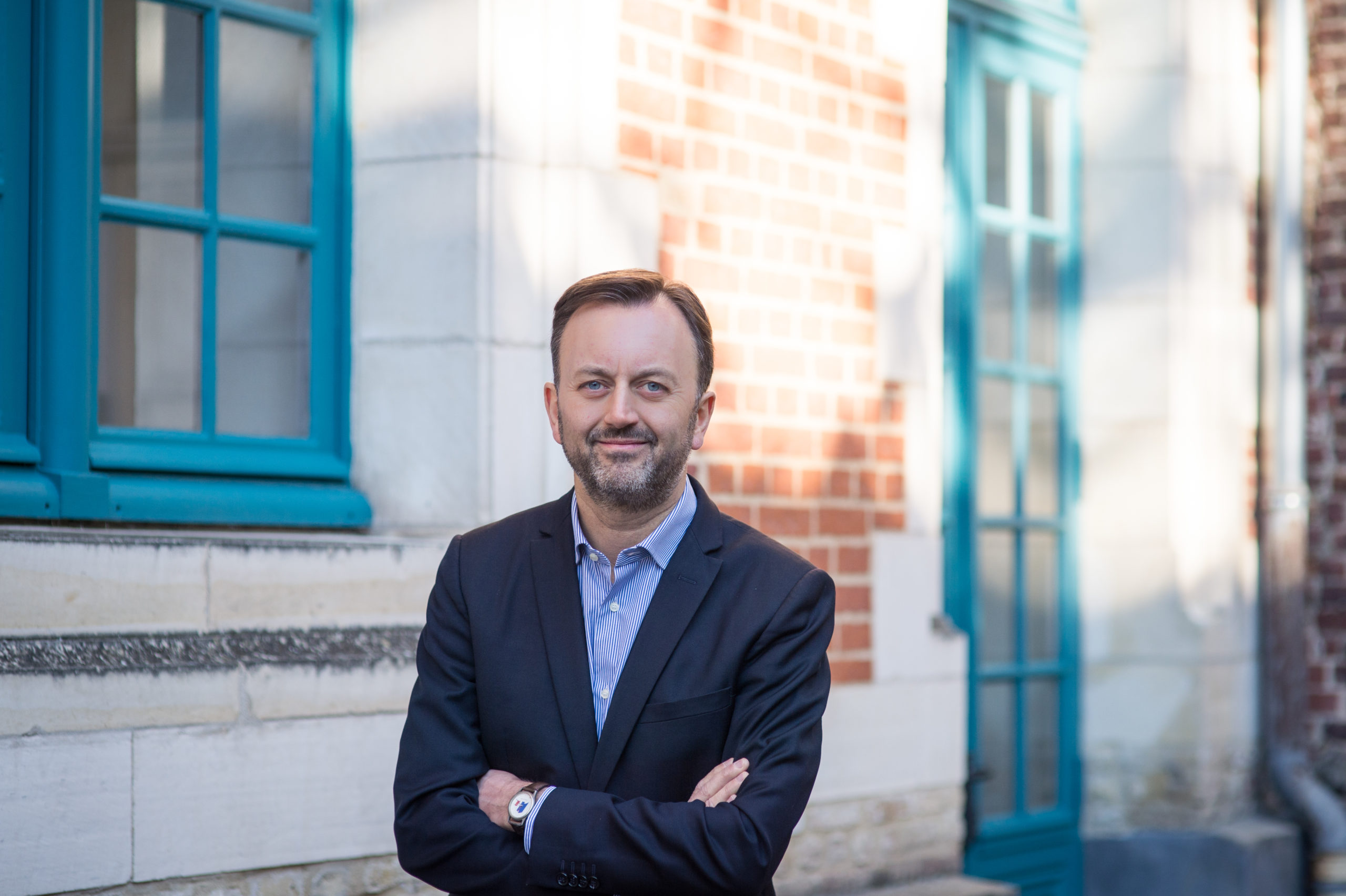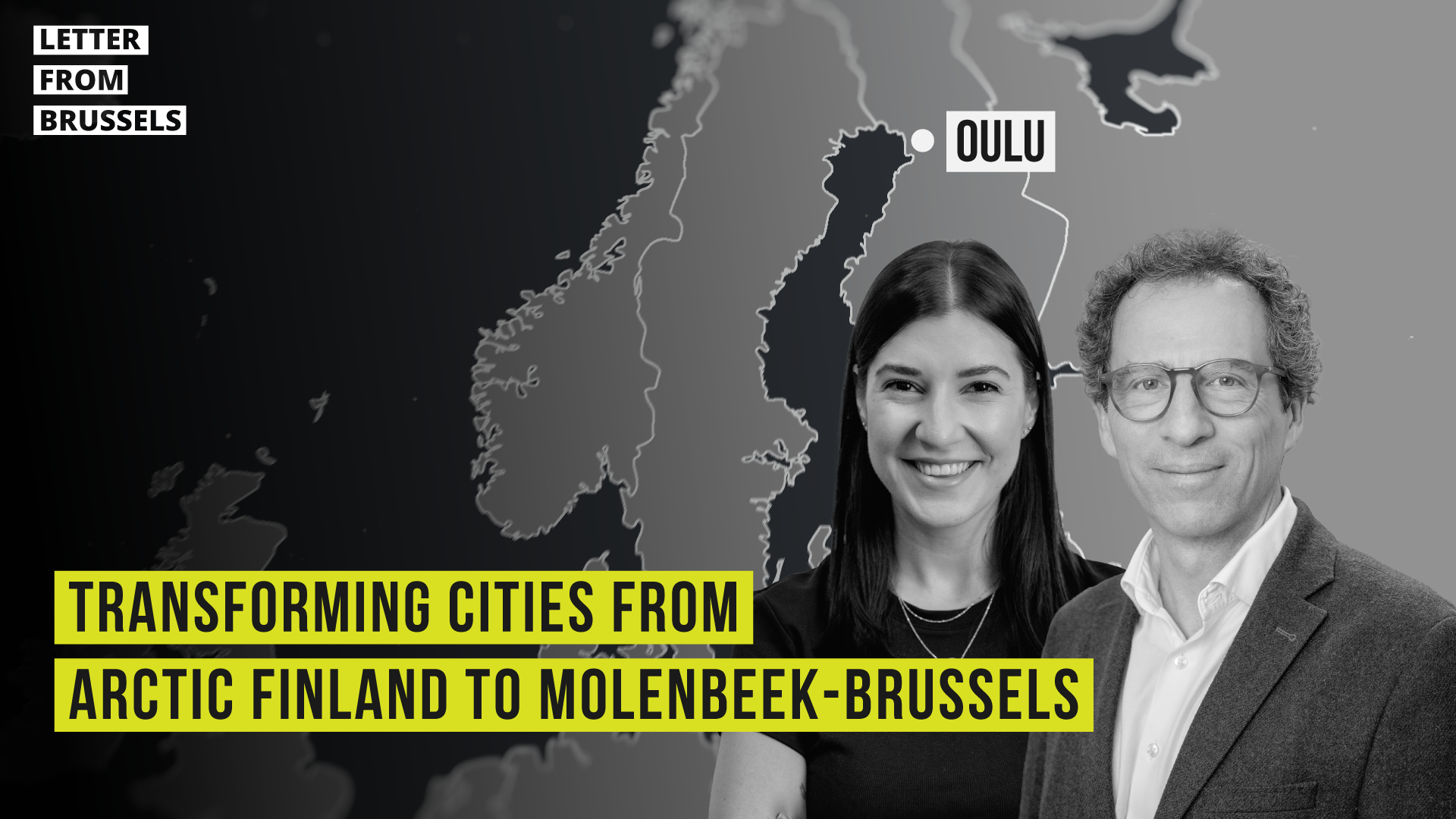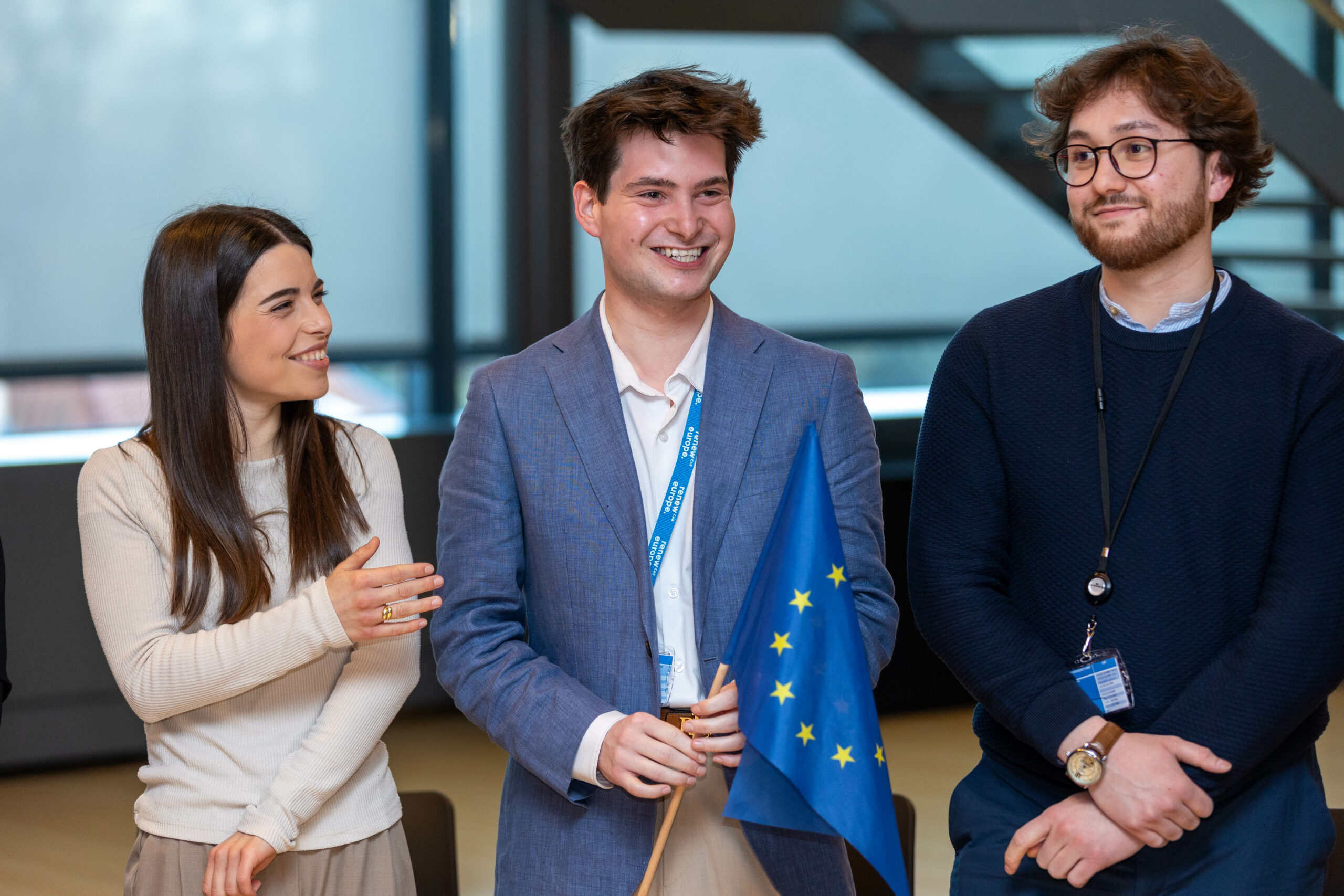In the working group on Education, Culture, Youth and Sport with Laurence Farreng, Renew Europe MEP, our President and Mayor of Saint-Omer François Decoster said:
European identity requires to take account realities on the ground; we suggest to extend the Erasmus programme to local authority politicians so they see the reality on the ground in other countries. We also talked about multilingualism but there’s a bit of a paradox: we put forward the idea of everything in English so we can better communicate but linguistic diversity is a strength to the European identity
In her answer Farreng highlighted the importance of cross-border regions and agreed with Decoster that multiculturalism and multilingualism are key to a European identity, therefore English cannot be used as the norm.
On the discussion of Migration, Clotilde Armand, Mayor of Bucharest Sector 1, introduced by Guy Verhofstadt MEP, said:
As a Mayor in a member state particularly affected by migration flows to other European member states, two of the most important recommendations from the citizen’s panels are 1) that the EU should work on the root causes of migration in the countries of origin and 2) the EU should encourage migration of skilled workers where the EU market needs skilled workers and I want to stress the contradiction between both and promote a fair treatment between the countries of origin. If the EU deprives countries of their skilled workers by recruiting these valuable resources for free, it will basically destroys the chances of these countries to close the economic gap. In the past 6 years, a country like Romania has lost 50% of its medical doctors and the educational costs of the doctors leaving each year the country amounts to 1/3 of the European cohesion funds the country receives. Yes, the EU should welcome skilled workers but we should also find a mechanism to compensate fairly the country of origin who invested in these resources
In the coming weeks the proposals will be finalized and presented in the CofoE plenary on 8 – 9 April, before entering the final phase of the CofoE, with the final plenary on 28 – 29 April.





